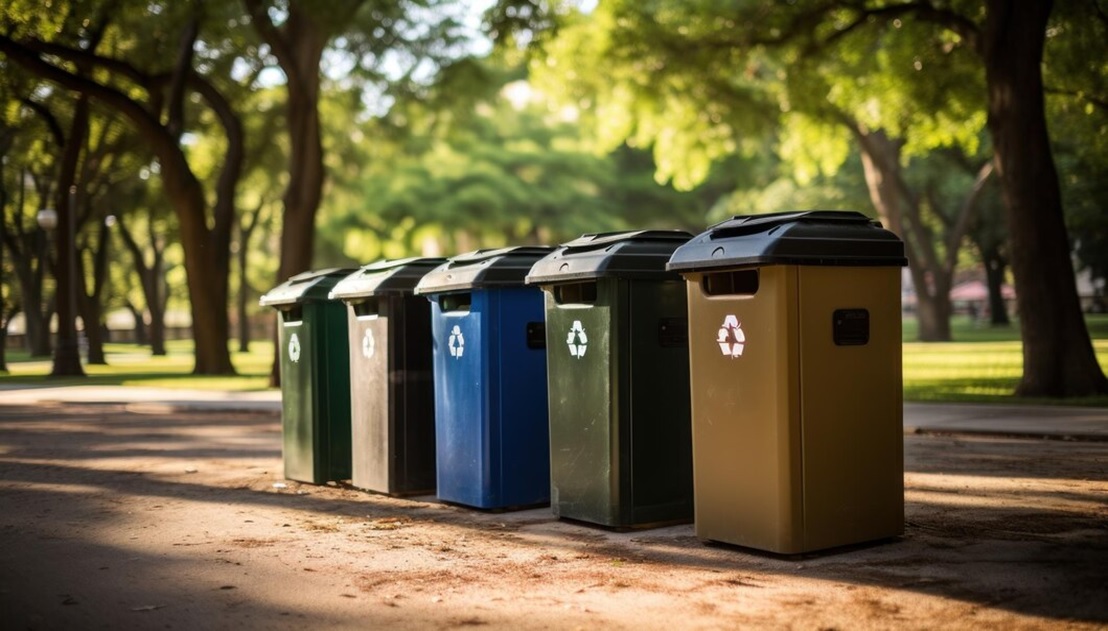
Environmental Responsibility: Using Commercial Recycling Boxes Effectively
In today’s world, environmental responsibility is more than just a buzzword—it’s a vital aspect of corporate ethics and sustainability practices. Businesses across various industries are increasingly embracing eco-friendly initiatives to minimize their carbon footprint and contribute positively to the environment. One such initiative gaining traction is the effective use of commercial recycling boxes. These boxes serve as integral tools in corporate recycling programs, fostering a culture of environmental consciousness within workplaces.
Understanding Commercial Recycling Boxes
Commercial recycling boxes are specially designed containers used within office settings, industrial facilities, and commercial establishments to collect recyclable materials such as paper, cardboard, plastics, and metals. Unlike traditional waste bins, these boxes are often labeled or color-coded to facilitate proper sorting and disposal of recyclables. They come in various sizes and configurations, accommodating different volumes of recyclable materials depending on the specific needs of the organization.
Benefits of Implementing Commercial Recycling Boxes
- Reduction of Landfill Waste: By segregating recyclable materials at the source, commercial recycling boxes help divert significant amounts of waste from landfills. This contributes to conservation efforts and reduces environmental degradation associated with excessive waste disposal.
- Cost Savings: Effective recycling programs can lead to reduced waste management costs for businesses. Recycling certain materials, such as paper and cardboard, can also generate revenue through recycling initiatives and partnerships with recycling facilities.
- Corporate Sustainability Goals: Many businesses today have committed to sustainability goals as part of their corporate social responsibility (CSR) initiatives. Using commercial recycling boxes aligns with these goals, enhancing corporate reputation and fostering positive relationships with environmentally conscious consumers.
- Employee Engagement: Implementing recycling programs encourages employee participation in sustainable practices. Providing accessible and clearly labeled commercial recycling boxes in workplace environments makes it convenient for employees to dispose of recyclables correctly, fostering a sense of environmental stewardship among staff members.
Best Practices for Using Commercial Recycling Boxes
To maximize the effectiveness of commercial recycling box within your organization, consider implementing the following best practices:
- Educate and Train Employees: Conduct regular training sessions to educate employees on the importance of recycling and the specific guidelines for using commercial recycling boxes. Clear communication and signage can help reinforce proper recycling practices.
- Choose Appropriate Box Types: Select commercial recycling boxes that are suitable for the types and volumes of recyclable materials generated by your business. Ensure that boxes are durable, easy to clean, and clearly labeled for effective sorting.
- Placement and Accessibility: Strategically place recycling boxes in high-traffic areas such as near copy machines, break rooms, and office supply areas. Accessibility is key to encouraging frequent use and minimizing contamination of recyclable materials.
- Monitor and Maintain: Regularly monitor the contents of recycling boxes to ensure they are not contaminated with non-recyclable materials. Implement a maintenance schedule to clean and replace boxes as needed to uphold hygiene standards and efficiency.
- Partner with Recycling Services: Collaborate with reputable recycling service providers or local recycling facilities to streamline collection and processing of recyclable materials. Establishing partnerships can also facilitate compliance with local recycling regulations and enhance recycling capabilities.
Case Studies in Corporate Recycling Success
Several leading companies have achieved notable success in implementing robust recycling programs using commercial recycling boxes. For instance, tech giants like Google and Microsoft have incorporated comprehensive recycling initiatives across their global campuses, emphasizing the use of designated recycling bins and employee engagement strategies to promote sustainability.
Conclusion
In conclusion, the adoption of commercial recycling boxes represents a proactive step towards enhancing environmental responsibility within commercial and industrial sectors. By integrating these boxes into daily operations, businesses not only contribute to global conservation efforts but also reap financial benefits and strengthen their corporate sustainability profiles. With careful planning, education, and collaboration, organizations can effectively utilize commercial recycling boxes to make a meaningful impact on the environment while inspiring positive change in their communities. Embracing these practices not only benefits the planet but also aligns businesses with evolving consumer expectations for corporate environmental stewardship.


